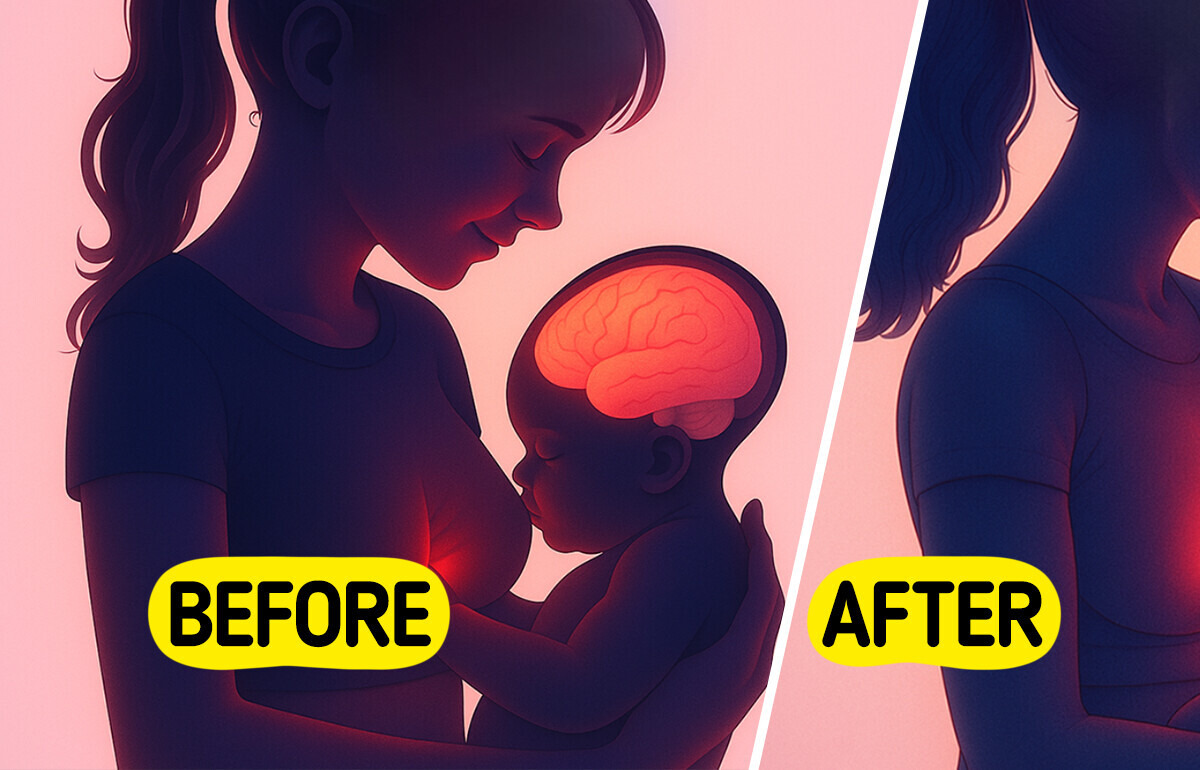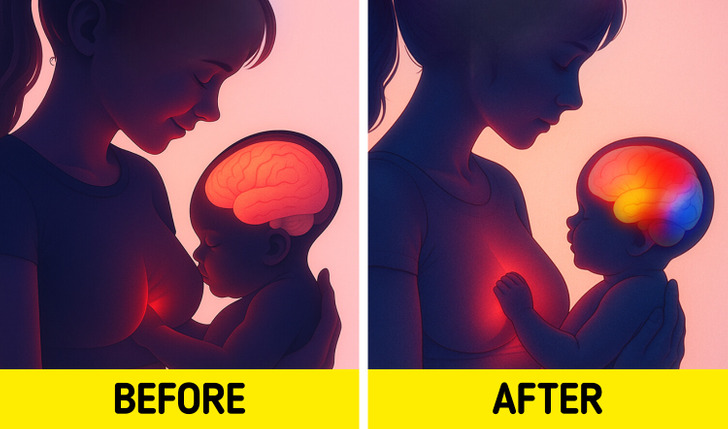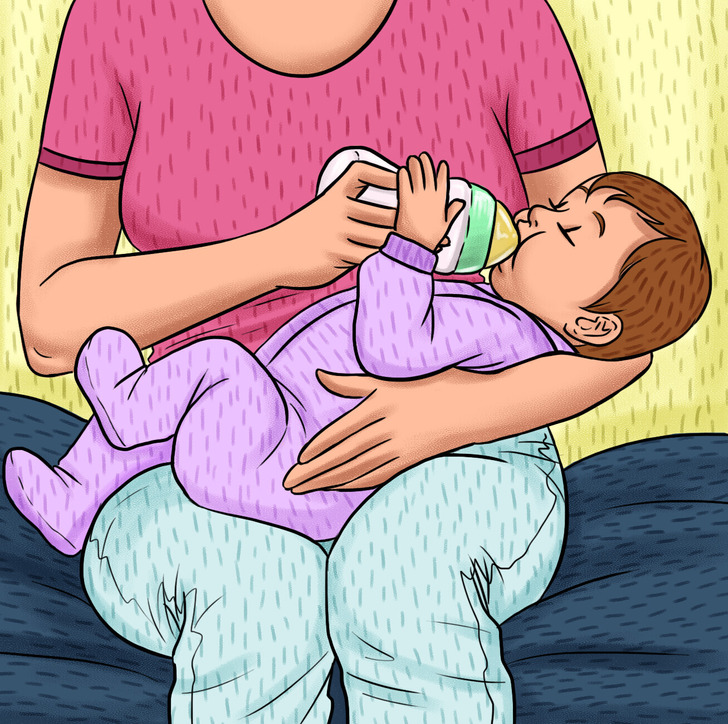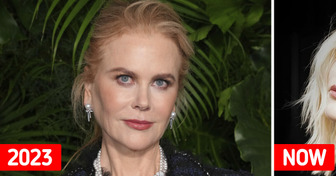12 True Stories That Prove Having a Pet Can Transform Lives


Breastfeeding has long been championed as the gold standard in infant nutrition, but what does the science say about the effects of exclusive breastfeeding on your baby’s development? Let’s delve into the research-backed benefits and considerations, steering clear of stereotypes and focusing on evidence-based insights.
Both the World Health Organization (WHO) and the Centers for Disease Control and Prevention (CDC) recommend this practice to ensure optimal growth, development, and health for your baby.


Factors like maternal health, work commitments, and personal preferences play a significant role in feeding decisions. What’s crucial is recognizing that any amount of breastfeeding is beneficial. Parents should make feeding choices that align with their unique circumstances and values.
Public opinion on breastfeeding varies, and it’s important to acknowledge the diversity of experiences and perspectives:
In the end, the message is clear: Support parents in making the best decisions for their families, and remember, there’s no one-size-fits-all approach.

Now that you’ve explored the science behind exclusive breastfeeding, why stop there? Let’s turn the spotlight on some of the most common health myths we all grew up believing—and might still secretly trust. In the next part, we’ll separate fact from fiction so you can make smarter, evidence-based choices for yourself and your family. Get ready to bust some myths wide open!











